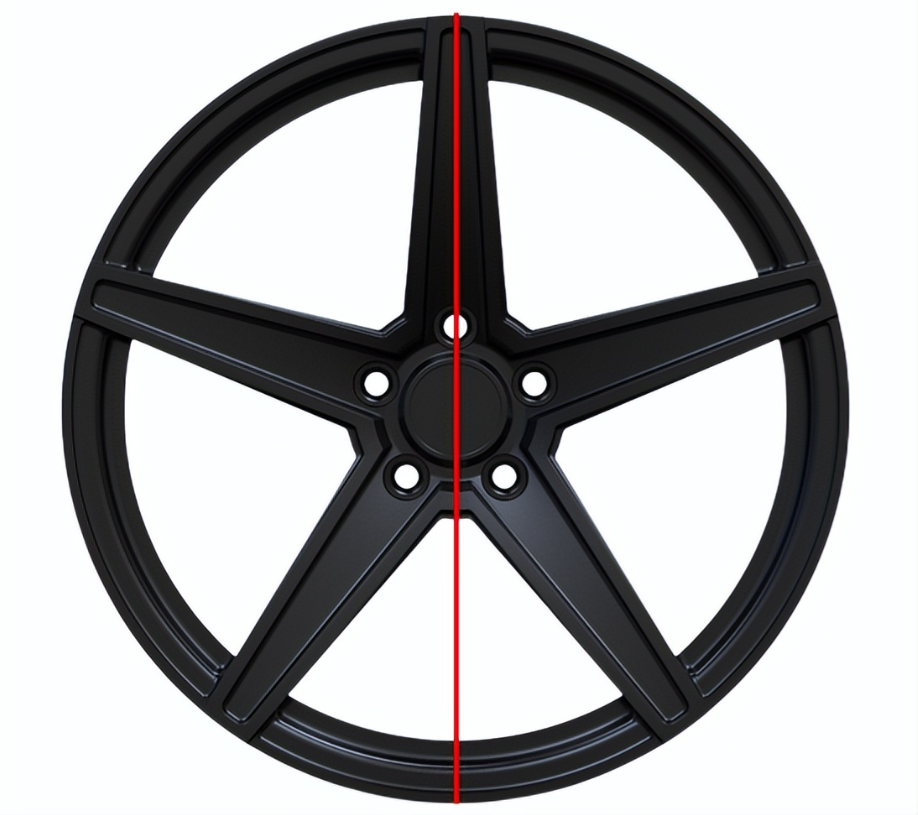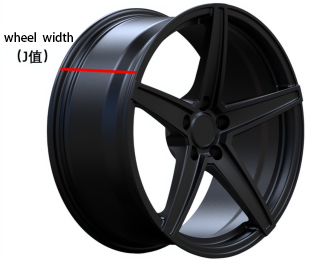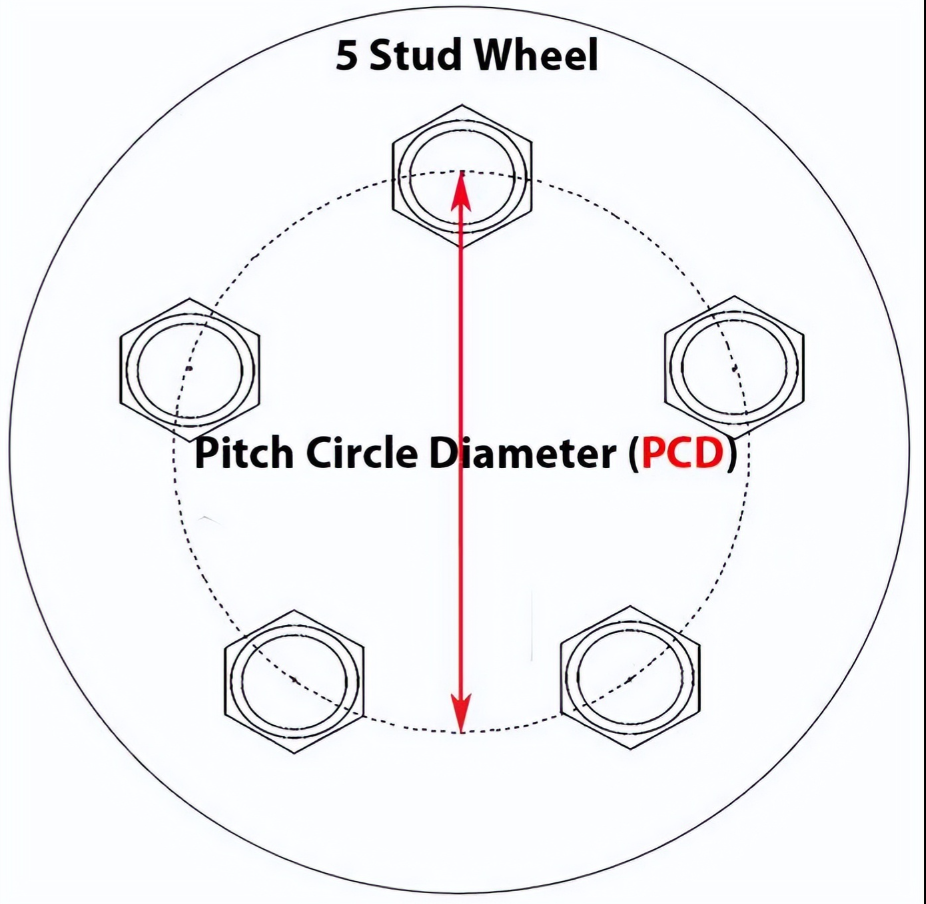How to Choose the Right Rims for Your Car
1. Understanding the Basics of Car Wheels
Before diving into specific selections, it’s important to understand the key components:
• Wheel Hub: The center part of the wheel that connects to the axle.
• Rims: The outer circular part that holds the tire.
• Disk: The middle section of the car wheel that connects the rim to the wheel hub.
• Alloy Wheels: Lightweight and stylish wheels made from aluminum or magnesium alloys.
• Aluminum Wheels: A common type of alloy wheel that balances durability and weight.
• Rines: Another term for rims, commonly used in certain regions.
2. Selecting the Right Size
• Size is a crucial factor when choosing wheels. Consider the following aspects:
• Diameter: Larger rims can improve handling but may reduce ride comfort.
• Width: Wider rims provide better grip but may require fender modifications.
• Offset and Bolt Pattern: Ensure the new rims match your car’s specifications to avoid fitment issues.
• Tire Compatibility: Your new wheels must be compatible with your chosen tire size to maintain stability and performance.
• Aspect Ratio: The relationship between tire height and width affects handling and comfort, making it essential to match the correct ratio to your new rims.



3. Choosing the Right Material
• Different materials offer varying benefits:
• Steel Wheels: Durable but heavy, making them less ideal for performance.
• Alloy Wheels (Aluminum Wheels): Lightweight, stylish, and improve fuel efficiency.
• Forged vs. Cast Wheels: Forged rims are stronger and lighter, while cast rims are more affordable.
• Carbon Fiber Wheels: Ultra-lightweight and strong but significantly more expensive.
• Magnesium Wheels: Even lighter than aluminum wheels, but require more maintenance and care due to their susceptibility to corrosion.
4. Balancing Aesthetics and Performance
• If you prioritize appearance, rines with unique designs and finishes will enhance your car’s look.
• For performance enthusiasts, lightweight aluminum wheels can improve acceleration and braking.
• Off-road vehicles benefit from strong alloy wheels that withstand rough conditions.
• Consider color and finish options such as chrome, matte black, or polished rims to match your car’s style.
• Multi-spoke rims offer a modern, sporty look, while deep-dish wheels provide a classic aesthetic for muscle cars.
5. Ensuring Compatibility and Safety
• Always check manufacturer recommendations for car wheels.
• Make sure the wheel hub diameter and bolt pattern match your vehicle.
• Properly balance and align your new rims to prevent vibrations and uneven tire wear.
• Ensure your brake calipers have sufficient clearance when upgrading to larger wheels.
• Regularly inspect your rims for damage, especially after rough road conditions.
• Use appropriate lug nuts and torque specifications to secure your wheels properly.
6. Cost Considerations and Budgeting
• Steel wheels are the most affordable but not ideal for high-performance cars.
• Alloy wheels provide a balance of price and performance.
• Forged wheels and carbon fiber wheels are premium choices with higher costs but superior benefits.
• Consider long-term maintenance costs, as certain finishes require special care to prevent corrosion and wear.
• Investing in high-quality aluminum wheels or alloy wheels may save money in the long run by improving fuel efficiency and reducing suspension wear.
7. Installation and Maintenance Tips
• Have a professional install your rims to ensure proper fitment.
• Regularly clean your wheels to remove brake dust and road grime.
• Rotate your car wheels periodically to ensure even tire wear.
• Use protective coatings to extend the life of your rims, especially in harsh weather conditions.
• Check tire pressure frequently to prevent uneven stress on your wheels and ensure optimal performance.
Final Thoughts
Choosing the right rims and car wheels for your vehicle requires a balance between style, performance, and compatibility. Whether you opt for alloy wheels, aluminum wheels, or performance rines, ensuring the correct fitment will provide a safer and more enjoyable driving experience. Investing in high-quality wheels and maintaining them properly will keep your car looking great and performing at its best. Always consult a professional if you’re unsure about the best option for your vehicle!
Finally, I will give you a few classical wheel stWyles for referenceW!






